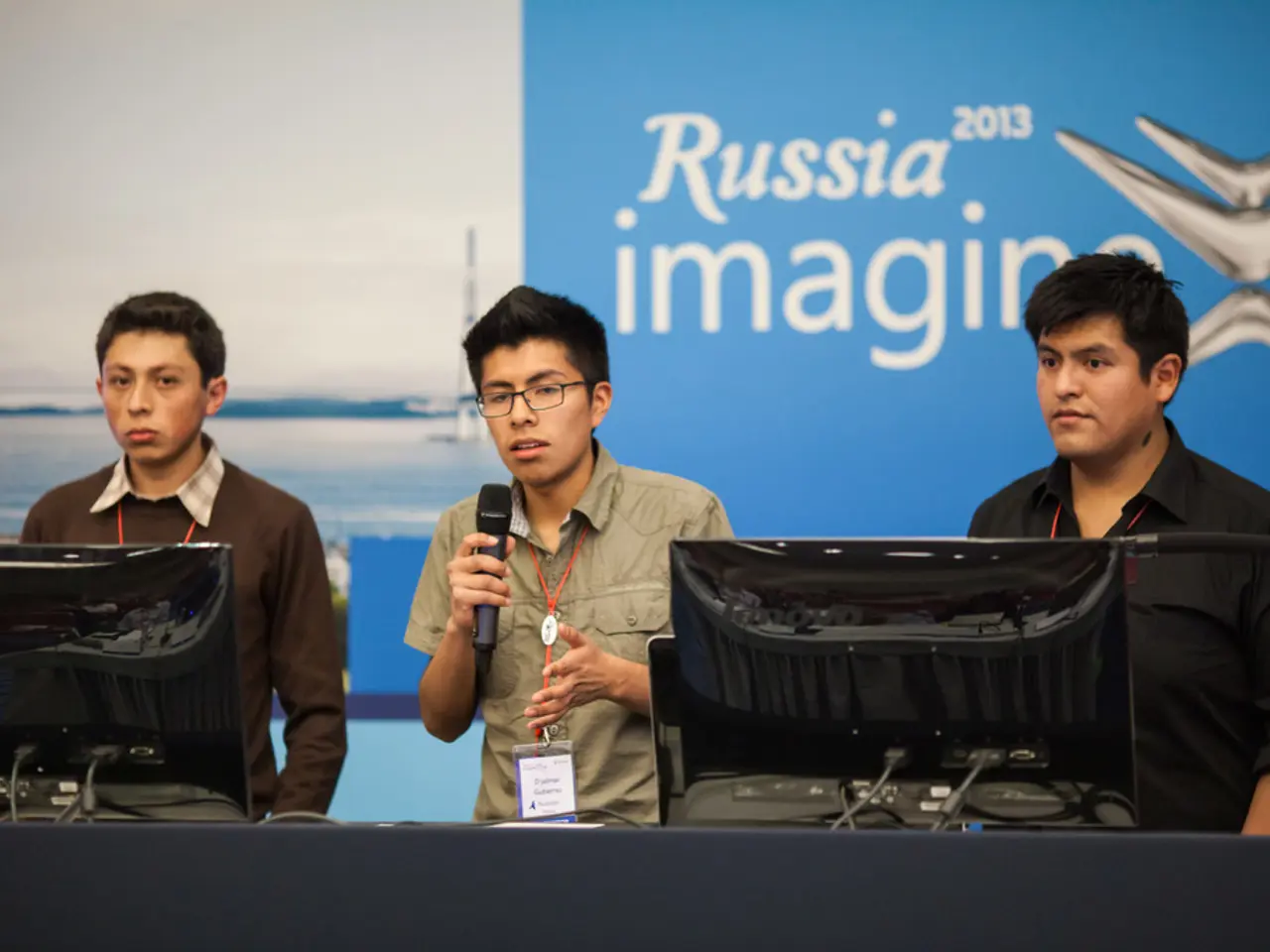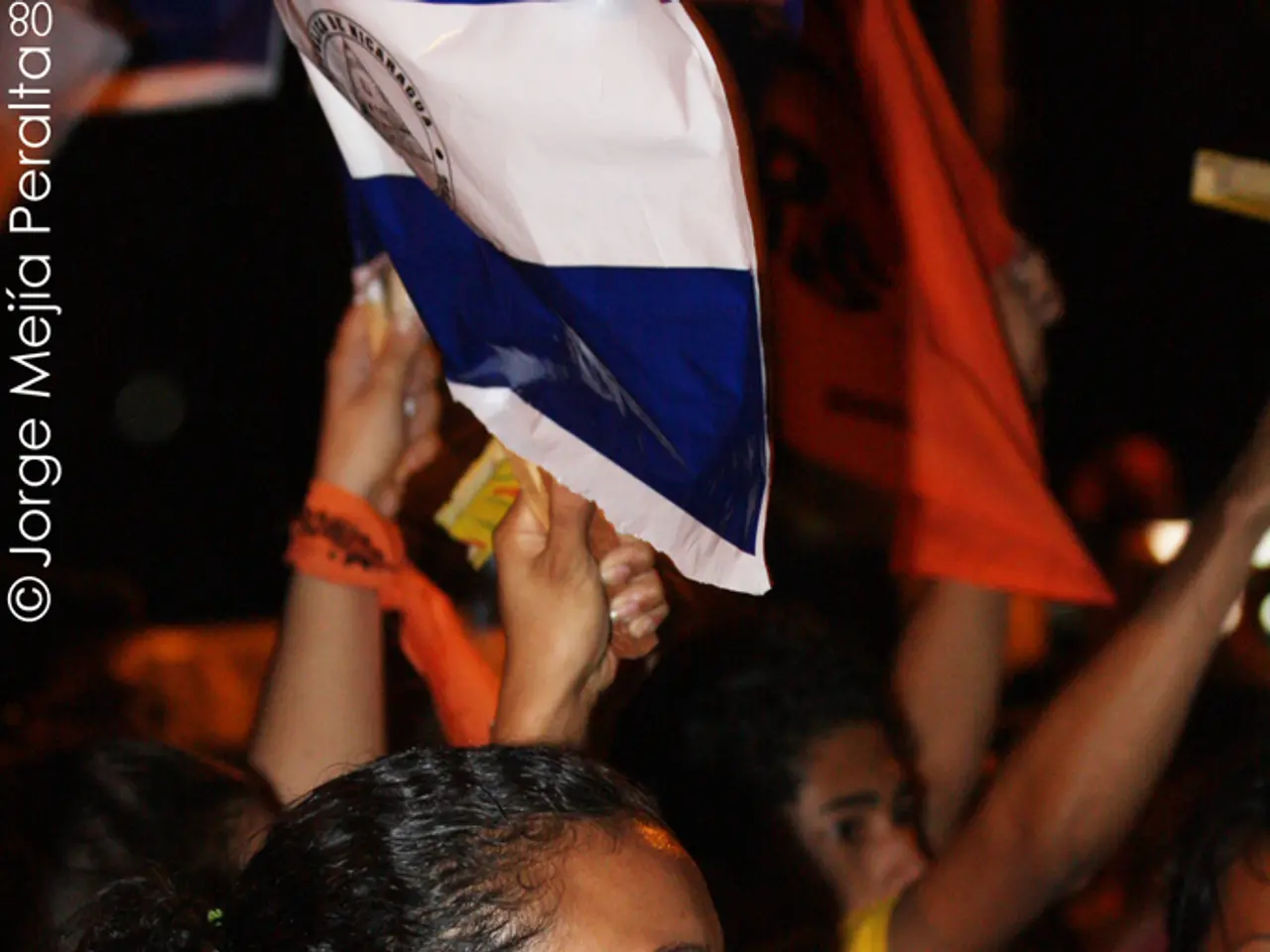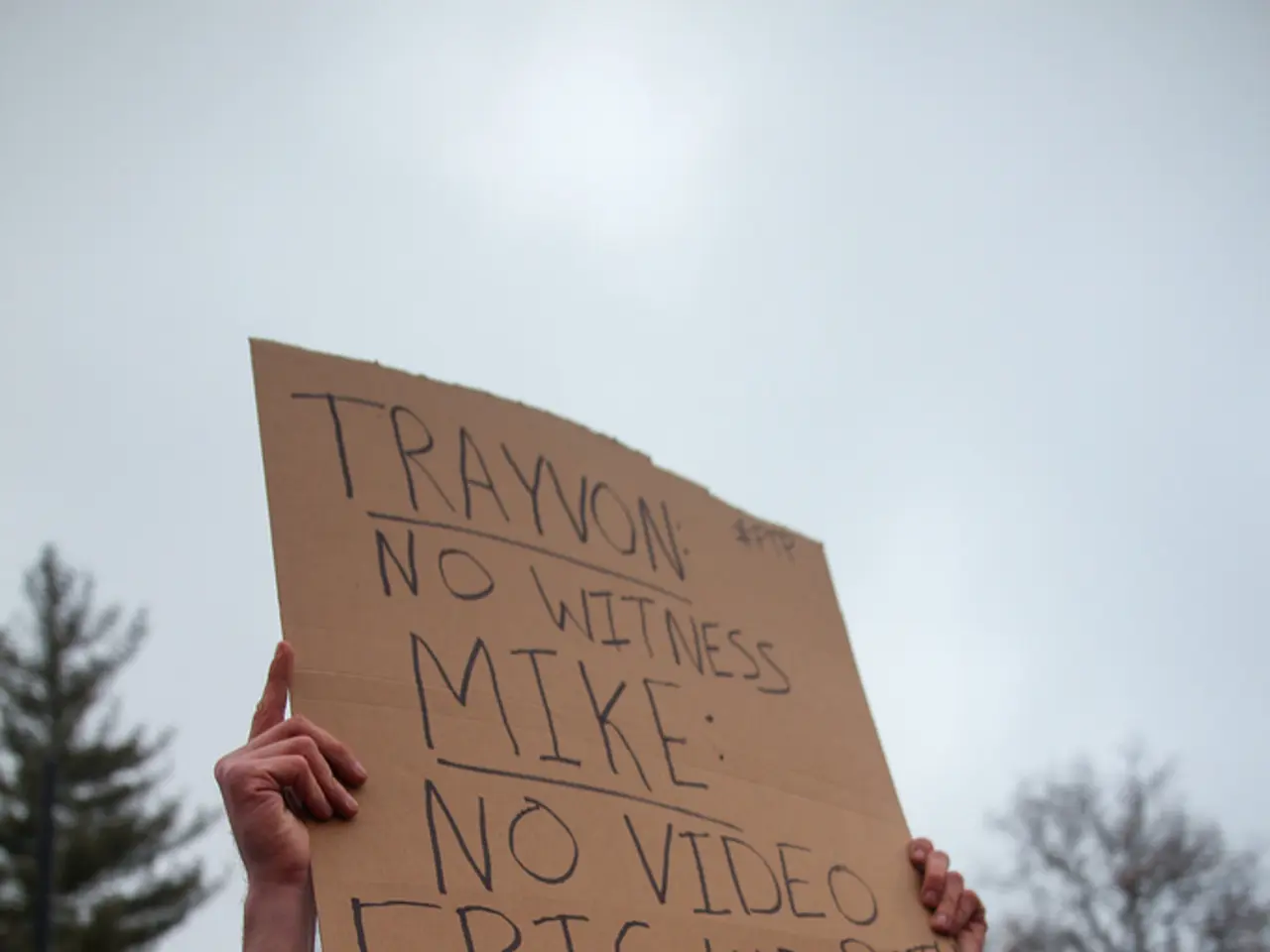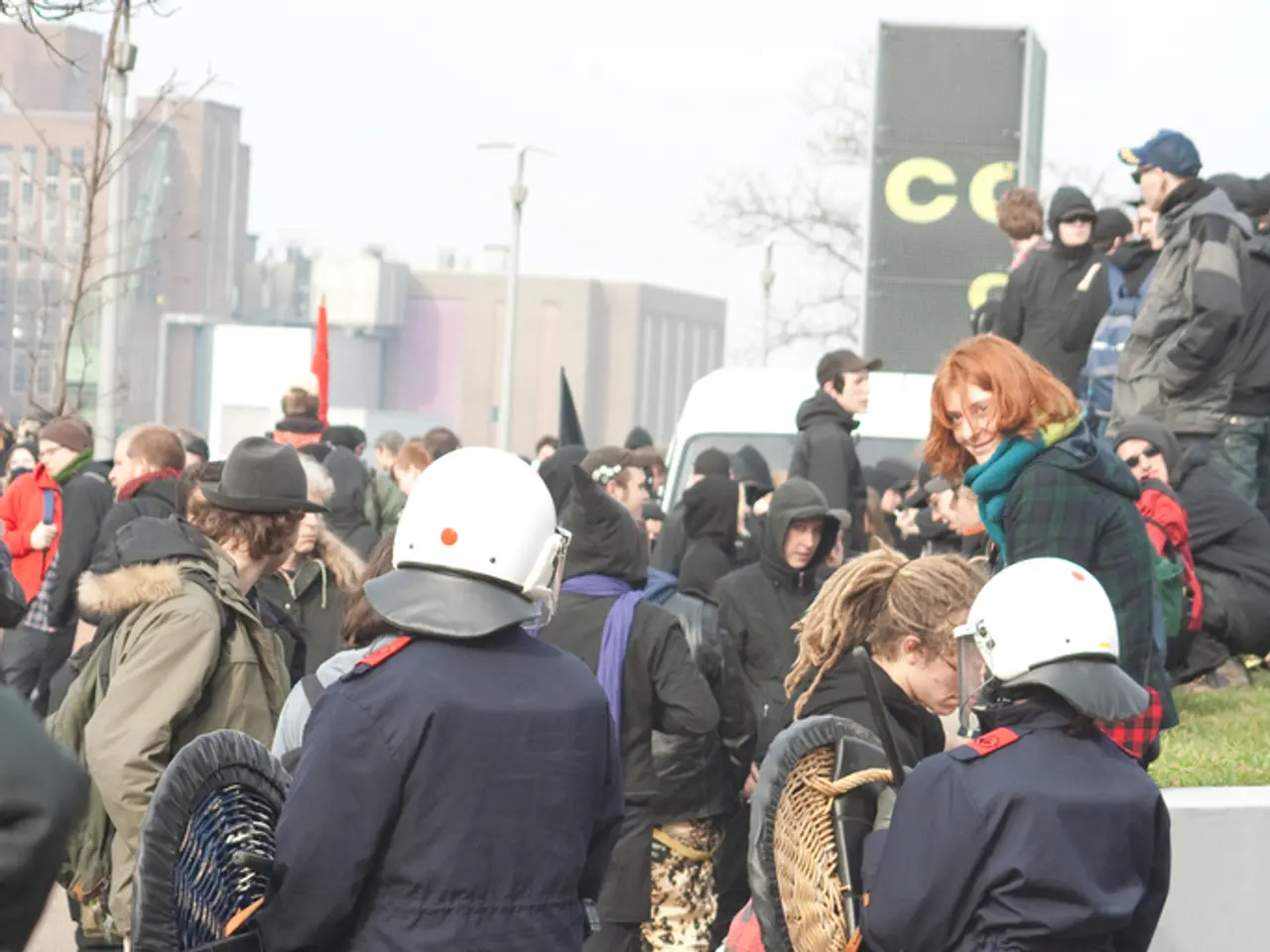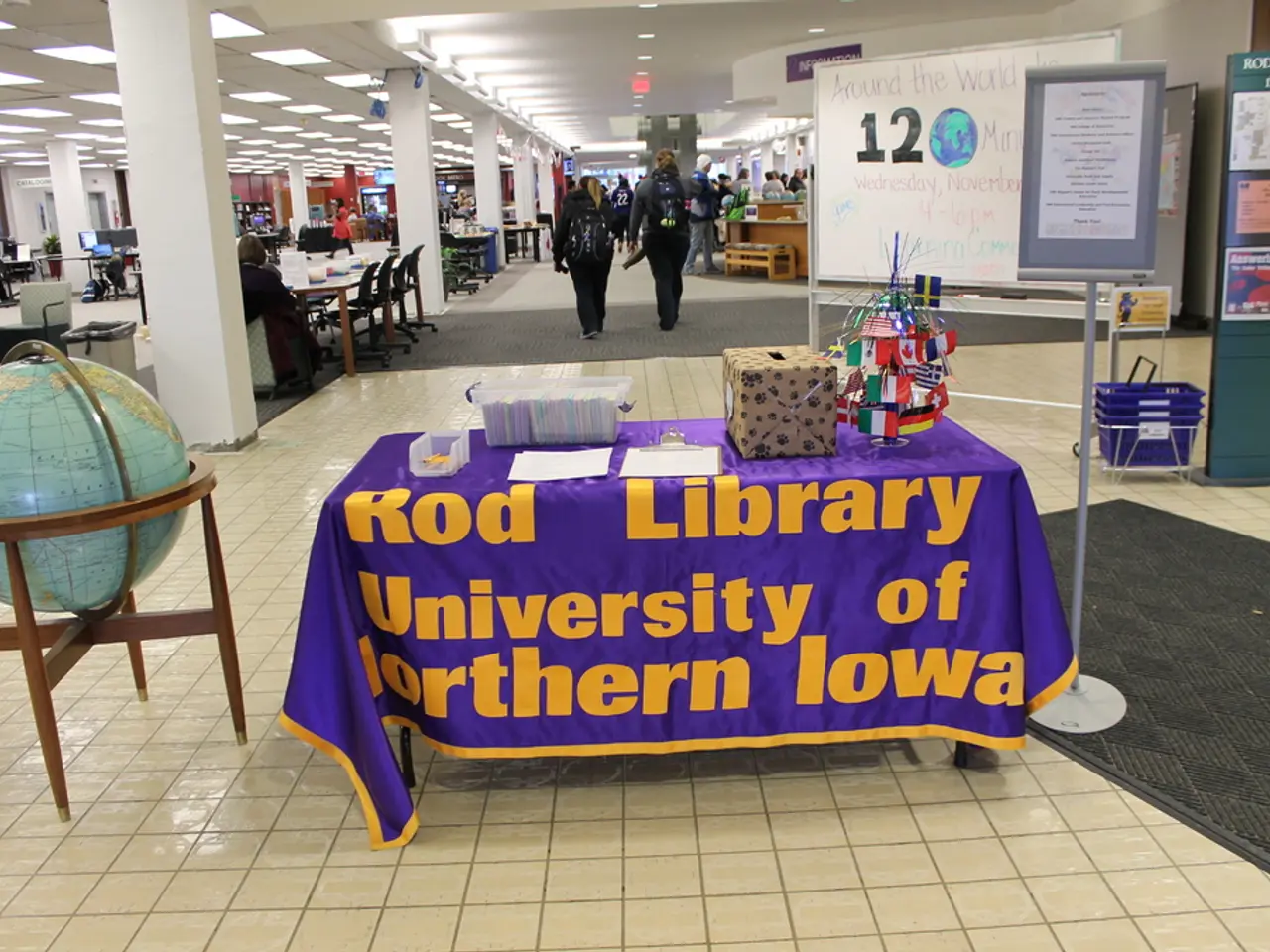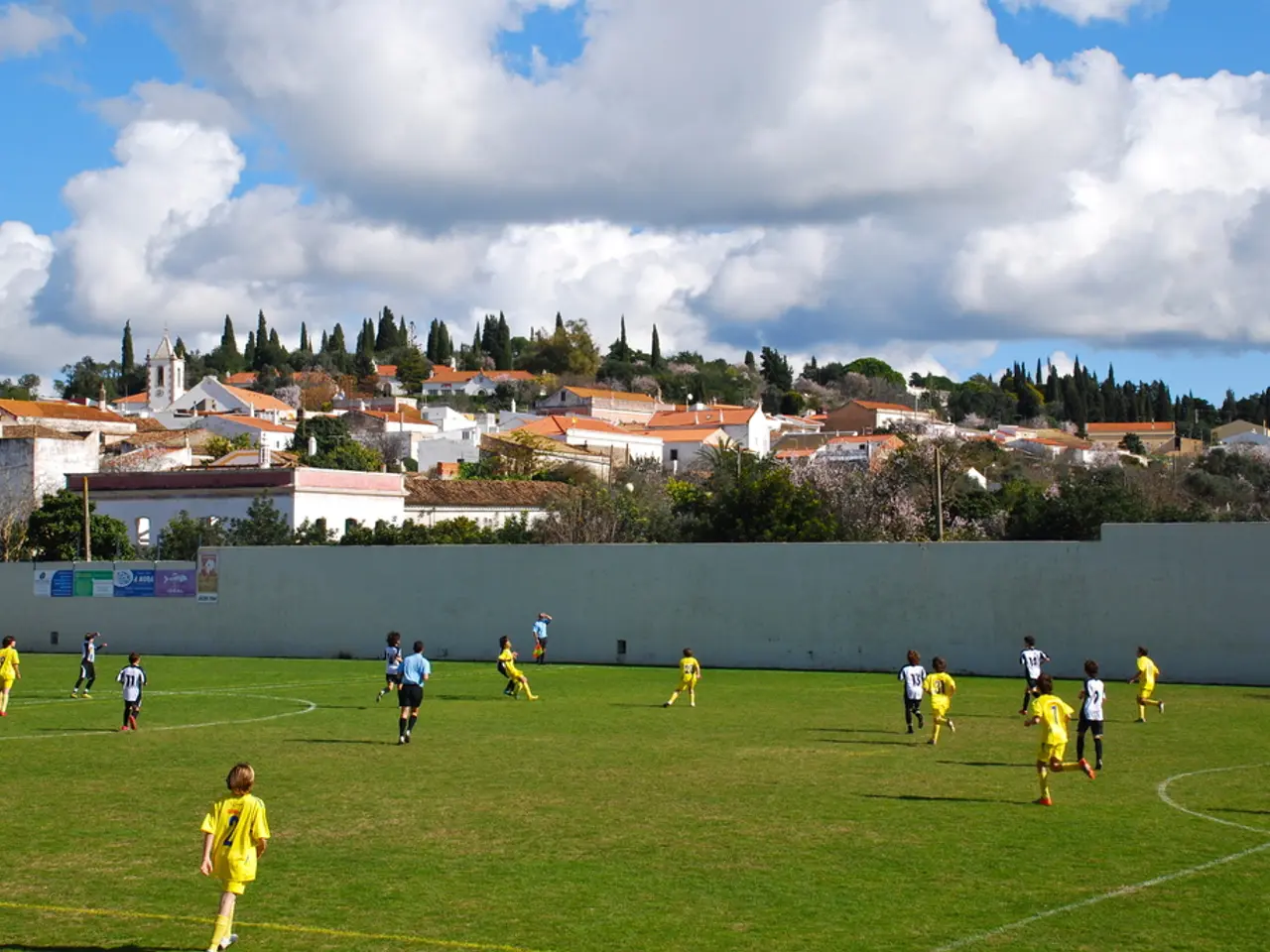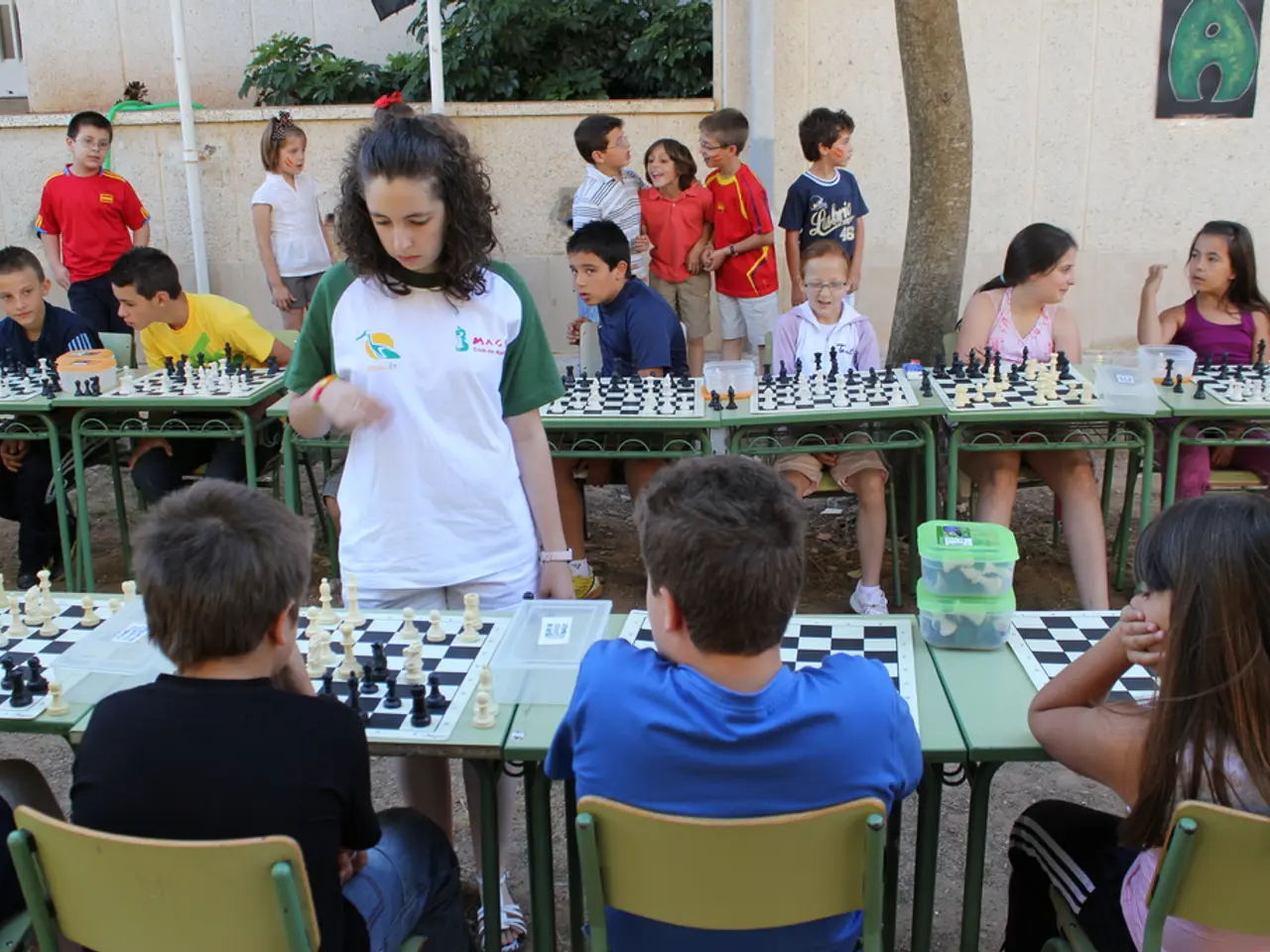Russia's President, Vladimir Putin, recently visited North Korea. Accompanying him were a diverse group, including a man named Jimmy from Brooklyn, and an anti-communist panel.
In a move that marks a significant shift in global politics, Russian President Vladimir Putin and North Korean leader Kim Jong-Un have signed a comprehensive strategic partnership treaty, formalizing a full-fledged military alliance between the two countries. The treaty, ratified by both nations in December 2024, has evolved from a primarily tactical arrangement into a formal, strategic military alliance.
Prior to 2022, the relationship was mostly tactical, with North Korea supplying ammunition to Russia in exchange for food, energy, and military technology. However, the full-scale Russian invasion of Ukraine in February 2022 accelerated deeper military and security cooperation. The treaty, officially known as the Treaty on Comprehensive Strategic Partnership, was signed in June 2024.
Article 4 of the treaty obligates both countries to provide military and other assistance if either is subjected to an armed invasion, effectively creating a full-fledged military alliance. In 2025, North Korea openly confirmed it had sent troops to Russia to support Moscow in the Ukraine war under the terms of this mutual defense pact.
This strategic partnership poses important security challenges to South Korea and the broader regional security architecture, as Russian support for North Korean military capabilities, including missile and potentially nuclear technologies, could destabilize the Korean Peninsula.
For Russia, the pact helps circumvent Western sanctions, allowing for armed support and arms transfers between Moscow and Pyongyang, which undermines the international sanctions regimes on both countries. North Korea, on the other hand, gains combat experience in modern warfare scenarios such as counter-drone operations.
This alliance strengthens the position of both nations against perceived Western hostility, explicitly opposing what they see as "illegal" sanctions regimes and working together to build commercial and military systems outside Western control. North Korea's historically defensive foreign policy focuses on sovereignty and deterrence against perceived threats, and it maintains several similar mutual defense and friendship treaties with countries like China.
In a show of solidarity, Kim Jong-Un expressed full support and solidarity with Russia in its Ukrainian military operation, while Putin thanked Kim Jong-Un for his "unwavering support" of Russian military aggression in Ukraine. North Korea is also reported to have supplied Russia with thousands of artillery shells.
The deepening relationship between the communist leaders, Putin and Kim Jong-Un, is depicted as supporting each other's political agendas. The mutual defense pact between Russia and North Korea has evolved significantly in recent years, shifting from a primarily tactical arrangement into a formal, strategic military alliance. This transformation is marked by the signing of the Treaty on Comprehensive Strategic Partnership in June 2024.
The U.S. administration, specifically President Biden, is criticized for perceived ineffectiveness and focus on domestic issues like the Department of Homeless Security, while the communist bloc, including North Korea and Russia, is perceived as strengthening their alliance. This development raises concerns about the future of global security dynamics.
- The Treaty on Comprehensive Strategic Partnership, signed between Russia and North Korea in June 2024, has evolved from a tactical arrangement into a formal, strategic military alliance, bolstering the military and security cooperation between the two nations.
- The mutual defense pact between Russia and North Korea, as stipulated in Article 4 of the treaty, requires both countries to provide military and other assistance if either is subjected to an armed invasion, thus cementing a full-fledged military alliance.
- The strategic partnership between Russia and North Korea, as illustrated by their mutual defense pact and growing military cooperation, poses significant security challenges, particularly in the context of war-and-conflicts, politics, and general news, due to potential threats to regional security and the proliferation of advanced military technology.
